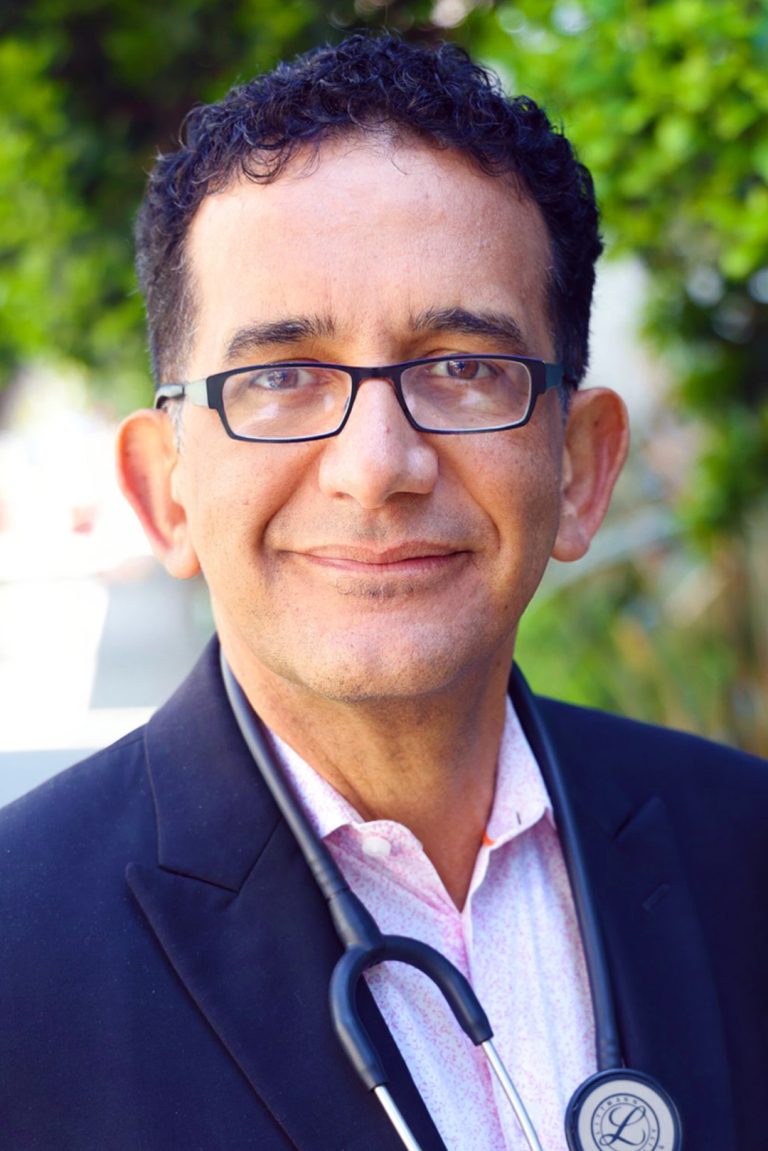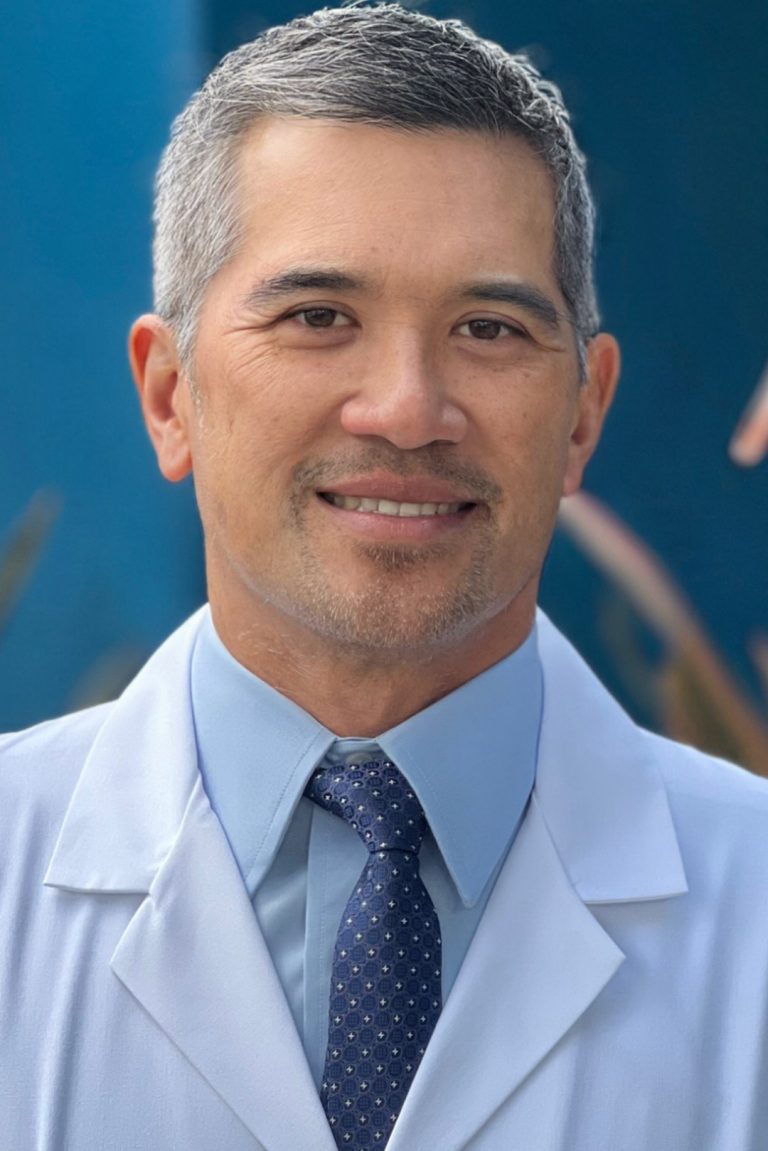By. Dr. Alicia Maher
Have you ever flinched at the sight of blood? Or yawned when you see someone else do so? Our brains are reacting to things even when we aren’t conscious of it. Sometimes, this reaction is as powerful as medication, such as what occurs with the placebo response. In every study of medication versus placebo, there will be some people who respond to the inert substance of the placebo, the same as the group getting the active drug. Something about the mere suggestion of healing will cause the brain to activate the physical mechanisms of healing. One stirring example of this mind-body connection was reported in a medical journal in the late 1950’s, by Dr. Bruno Klopfer, the physician of a man diagnosed with terminal cancer. The cancer was metastatic and tumors had spread throughout his body. The patient had tried every available form of medicine, and his condition had hopelessly deteriorated to the point where he was bedridden and gasping for air.
His doctors agreed that he had only a few days to live. Then the man heard about an experimental drug called Krebiozen which was in the process of being tested. He insisted on being included in the experimental trials. His doctors, feeling he had nothing to lose and would soon be dead anyway, agreed out of compassion to give him the experimental drug. To their amazement, the man’s tumors soon began to shrink dramatically, and he was discharged from the hospital.
Two months later, the man read news accounts of the research on Krebiozen which reported serious doubts with the drug. Within a matter of days, the man’s tumors had returned and were again threatening his life. His doctor cleverly convinced him that a new and more potent shipment had been received, and proceeded to give him injections of plain water. His tumors once again began to shrink dramatically. He remained healthy for several more months, until another news report declaring “Nationwide AMA Tests Show Krebiozen to be Worthless as a Cancer Treatment.” The man died within two days.
Outside of research, you won’t find doctors using the placebo response in this manner anymore due to the ethical considerations. However, we as individuals can utilize our brain’s ability to effect this powerful change. Just like the lungs, our brain is one of those organs that will act independently unless it’s directed by us. The lungs can breathe without our thinking about it or we can guide them to breathe a certain way. Take a deep breath, expanding your ribs apart and your abdomen outward. This is probably different than what they were doing on their own. The brain works in the same way. It will always be thinking, whether conscious to us or not. Try something for a second. Consciously think of your happiest moment of your last vacation. Imagine the sights, sounds, smells and feelings. Allow your brain to take you back there and notice how you feel. I’m guessing towards a more positive state.
Directing your thoughts in this way is something like having a placebo treatment at your disposal. If you aren’t feeling good emotionally, it’s possible that your brain’s automatic, perhaps subconscious, thoughts are not positive. You can take control of your thinking by directing the brain in the direction you want to feel. So if you’re not feeling good and want to feel happy, you could try saying one statement after another that begins with “I’m happy because_____” and then fill in the blank with something that you do believe you’re happy about. For example, “I am happy because I have a roof over my head, I am happy because I have an adorable pet, I am happy because I have plenty to eat”, etc. Or, if you are feeling anxious, you might try “I can relax because____” with reasons you can relax, such as “I can relax because I’m around people who care about me, I can relax because this too shall pass, I can relax because I have done all that is necessary”, etc. Your brain will hear the first part of the statement “I am happy” or “I am relaxed” over and over again and it won’t resist it due to the reason you give after ‘because’. Often, only 5 or so minutes of streaming these statements will lead to your feelings genuinely changing to the state you desire.
In conclusion, the brain is constantly powerful in affecting us, whether we realize it or not. Remember, if you aren’t consciously guiding your brain, it is still thinking something. By actively using this feature of our brains, we can guide our thoughts towards the feelings and life we desire. Try the exercise above, today.
–
Alicia Ruelaz Maher, M.D., is a board certified diplomate of the American Board of Psychiatry and Neurology, connect with her at info@akashacenter.com.

















